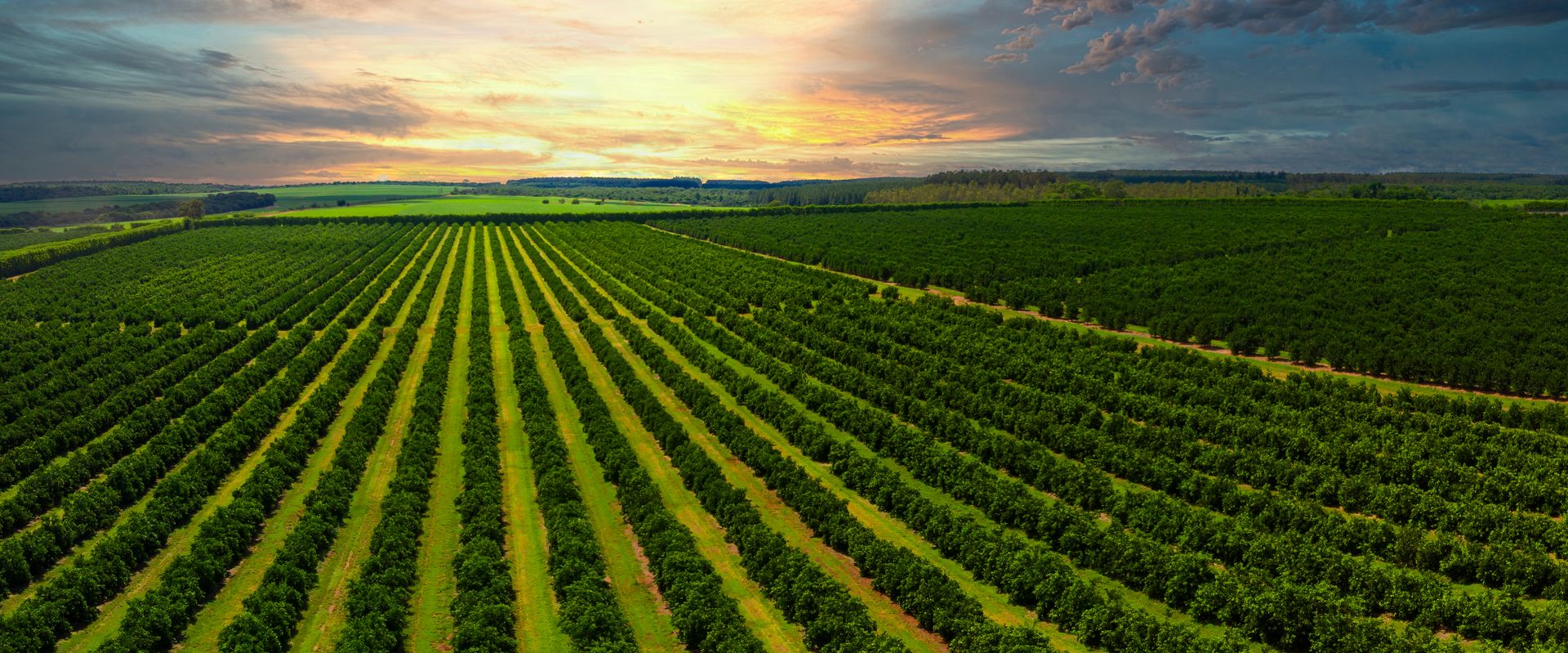The SAI Platform (Sustainable Agriculture Initiative) stands out as a non-profit organization, established in 2002, whose main global actions are linked to the food and beverage sector, aiming to promote sustainable practices in agriculture. It has three possible implementation strategies:
Reference program strategy
Self-assessment strategy
Hybrid strategy Reference program strategy
The decision is made based on the needs and capacity of farmers, suppliers, and buyers. The project evolves through the FSA (Farm Sustainability Assessment), a tool that standardizes producers' assessments and enables companies to assess and improve sustainability in their supply chains. Since its creation in 2014, the resource has become internationally recognized, as it validates the company's commitment to a socially fair and environmentally correct production model. Also, the FSA provides transparency to buyers of agricultural ingredients, amid the growing range of sustainable systems. Participating farmers also receive additional guidance for the development, implementation, and monitoring of a continuous improvement plan.
What is QIMA's role in the Agricultural Sustainability Assessment market?
QIMA plays a fundamental role in the agricultural sustainability assessment market, acting as an important reference and service provider in this area. The company offers comprehensive solutions for assessing and certifying sustainable practices in agriculture, helping to promote transparency, environmental and social responsibility, and ensure compliance with established standards and requirements for agricultural sustainability. With its expertise and specialized knowledge, QIMA IBD contributes to the promotion and development of a more sustainable and conscious agricultural value chain.
What are the criteria to obtain the FSA?
In the search for performance improvements, cost reduction, and the offering of increasingly sustainable agricultural products, reaching increasingly demanding markets, producers and beverage and food companies are joining the global trend of the SAI Platform and its FSA tool.
The FSA can be used in all areas of agricultural cultivation worldwide. It is applicable to all types of agro systems, property sizes, and levels of professional sophistication and sustainability performance. To become a member, it is essential for the applicant to learn about the certification process and its protocols, understand the concepts that formed the foundations of the requirements, and know the main points of the current legislation in labor, environmental, and social aspects on their property, as well as the common points between the standard, such as risk analysis and continuous improvement, and how this relates to the certification manager's daily routine, to prepare for the audit process.
The tool can be applied on a single farm, a group of farms, or a group of farms together with its first-level buyer. And, to implement the FSA, it is common for different people to work together. Within the FSA, each of them plays a specific role to ensure a consistent and effective application of the FSA.
Need more information?
By contacting QIMA you agree to our privacy policy and terms and conditions.
Why FSA certification?
Enhancing the sustainability of production throughout the supply chain
Standardization of producers' assessment regarding their sustainable development
Customization possibility to meet individual needs and local conditions
Allows companies to meet customer requirements on social and environmental criteria
Alignment with global market expectations
Industry-wide approach to drive agricultural sustainability
Guidelines met
Why choose QIMA for FSA certification?
Efficient communication and service
Agile and responsive technical support at all stages.
Transparent certification process and compliance with deadlines.
Proven service quality, with NPS satisfaction metric of 72 points.
Cost and time optimization
Integrated audits that minimize the number of visits and costs.
Simplified processes that reduce impacts on operation.
Strategic and efficient allocation of auditors.
Industry leadership
Pioneering company with over 30 years of experience in food safety, organic certification, and sustainability.
Complete certification ecosystem, from field to table.
Advanced technology for compliance monitoring.
